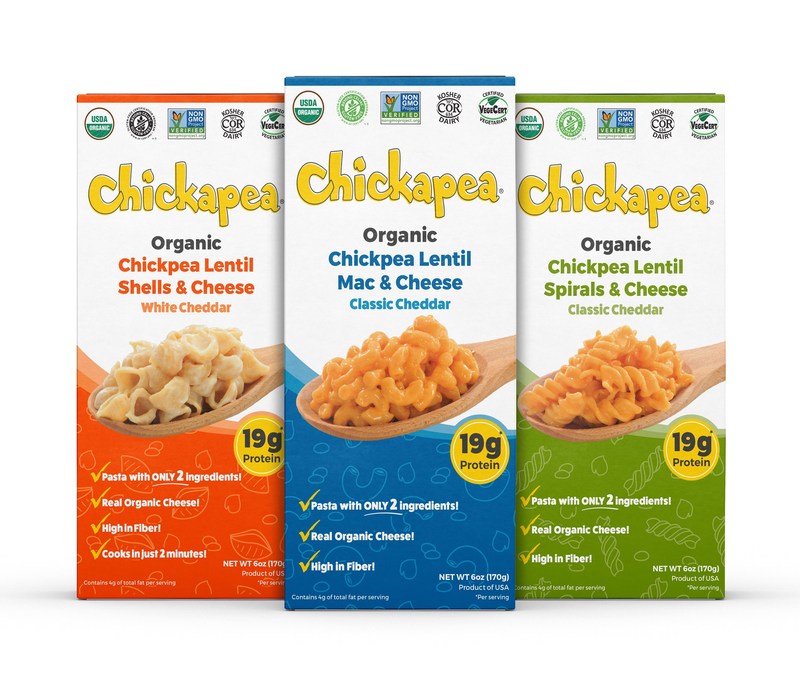The newest consumer on the block is coming of age and they’ve got a lot of buying power. For marketers, Generation Z is likely the most interesting group to study right now as their preferences will indicate the future of food.
Born between the mid-1990s to the early 2000s, this new and thriving population of late-teens to young adults have a taste for something different.
According to a new study called “Looking Ahead to Gen Z: Demographic Patterns and Spending Trends” by Packaged Facts, this portion of the population shows a striking contrast in food preferences when compared to their Millennial predecessors, further creating an incentive for the food industry to ramp up their advertisement and product development strategies to meet new demands.
The findings of the study reveal that Generation Z favors eating multiple snacks throughout the day as opposed to a traditional 3-course meal. However, when they do decide to make dinner, Gen Z gravitates towards frozen and pre-made food items as a result of their busy lifestyles says David Sprinkle, Research Director Of Packaged Facts.
“Seemingly perpetually in motion, ubiquitously surrounded by limitless smartphone entertainment options, and frequently willing to work multiple jobs or side gigs, many Gen Z young adults are attracted to easy-to-prepare meals as well as snacking,” says Sprinkle. Therefore, there’s exists ample opportunity for food marketers of frozen prepared meals, canned soups, potato chips, and other canned and packaged prepared food such as salads and desserts, to convert adults under the age of 25 into loyal lifelong customers.”
Although pre-made food is a big attraction to this on-the-go age demographic, according to the study Gen Z is also extremely health conscious when it comes to consuming food products. This means the food industry would be wise to gravitate towards ingredients that serve nutritional purposes over food items that contain artificial additives and flavors.
The report further states that households made up of adults under the age of 25 are 29 percent more likely to cook “shelf-to-microwave dinner,” and 26 percent more likely to purchase frozen entrees for breakfast. In addition to this, they are also 23 percent more likely to eat frozen pre-made TV dinners and 10 percent likely to purchase meal kits and other types of ready to eat food items.
Despite the attraction to convenience, when the current 18 to 24-year-old age demographic was compared to their Millennial correspondents from a decade ago, the study found Generation Z is far more likely to consume plant-based products and be open to becoming vegetarian. The study also found organic food was more favorable to this consumer base when shopping for food items as opposed to regular food retail options.
Furthermore, when it comes to eating, Gen Z is all about exploring new flavor territories and is far more susceptible to experimenting with different recipes in comparison to their Millennial counterparts. This gives the food industry leverage to create and invest in more authentic food items and push boundaries for new tastes and ingredients.











Join or login to leave a comment
JOIN LOGIN